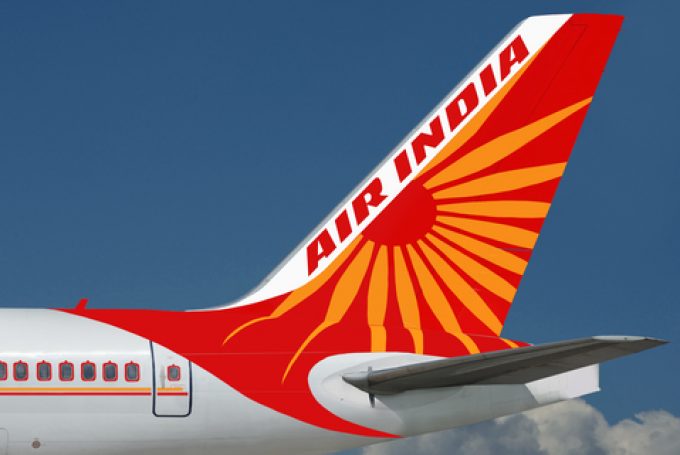'Game-changer' may now be 'game-over', as India eyes cabotage u-turn
India’s government is under pressure to re-regulate its coastal shipping policies following major declines for ...
GM: RAISING THE ROOF GGM: IN FULL THROTTLE GZIM: MAERSK BOOST KNIN: READ-ACROSSMAERSK: NOT ENOUGHMAERSK: GUIDANCE UPGRADEZIM: ROLLERCOASTERCAT: HEAVY DUTYMAERSK: CATCHING UP PG: DESTOCKING PATTERNSPG: HEALTH CHECKWTC: THE FALLGXO: DEFENSIVE FWRD: RALLYING ON TAKEOVER TALKODFL: STEADY YIELDVW: NEW MODEL NEEDEDWTC: TAKING PROFIT
GM: RAISING THE ROOF GGM: IN FULL THROTTLE GZIM: MAERSK BOOST KNIN: READ-ACROSSMAERSK: NOT ENOUGHMAERSK: GUIDANCE UPGRADEZIM: ROLLERCOASTERCAT: HEAVY DUTYMAERSK: CATCHING UP PG: DESTOCKING PATTERNSPG: HEALTH CHECKWTC: THE FALLGXO: DEFENSIVE FWRD: RALLYING ON TAKEOVER TALKODFL: STEADY YIELDVW: NEW MODEL NEEDEDWTC: TAKING PROFIT

Tata Group’s revamped Air India is looking at a three-fold increase in cargo handling capacity over the next five years.
That push signals aggressive market share and network enhancement competition among cargo airlines serving the emerging region.
Air India estimates its belly capacity will reach 2m tonnes when more aircraft have joined its fleet. The carrier has some 470 aircraft on order from Airbus and Boeing, with deliveries mostly scheduled to begin in 2025.
And, according to previous industry reports, Air India is negotiating a deal to acquire five freighters, most likely from Airbus, with sources close to Tata hinting at a freighter announcement shortly.
The carrier – in the midst of a massive makeover – believes the capacity expansion will boost India’s export trade, propelled by made-in-India manufacturing prospects and growing trade diversification.
“We see a huge potential in the air cargo industry, which the Indian government plans to grow to 10m tonnes by 2030,” said Air India CEO and MD Campbell Wilson.
“Our cargo division is implementing a series of strategic measures, aimed at fostering growth and strengthening our market presence,” the ex-Scoot (SIA) executive added.
The carrier has embarked on a multi-pronged strategy to scale-up its cargo market share, involving tech advancements, ground capability and integrated operations upgrades, extended market reach and diverse product offerings.
Currently, Air India has cargo connections with some 40 international and 38 domestic locations, and is vigorously bolstering its transhipment capabilities at major hubs in India through industry collaborations.
“Air India, in collaboration with its joint-venture partner, SATS, is committed to investing substantial capital in developing airport and logistics infrastructure,” it said. “The airline is also exploring the possibilities of augmenting freighter capacity in collaboration with partners.”
Joy John, director of sea and air freight at Mumbai-based Jet Freight Logistics, told The Loadstar: “Air India is looking at cargo as a strong revenue source.”
And Amar More, CEO of Mumbai-based Kale Logistics Solutions, told The Loadstar Air India was positioning itself to take advantage of the “India air cargo growth story”, aided by “a perfect blend of government policy reforms, infrastructure development, new-age technologies and strategic partnerships”.
He added: “Express and e-commerce verticals are providing tailwinds for cargo demand.”
The buzz around Indian air cargo growth potential has also prompted express players to cement their networks. FedEx this week rolled out an enhanced priority service out of India, which it claimed would improve transit times by a day, on average, for global destinations.
That meant FedEx delivering Indian shipments to the US within two to three business days, and to Europe in two working days.
You can contact the writer at [email protected].
Comment on this article